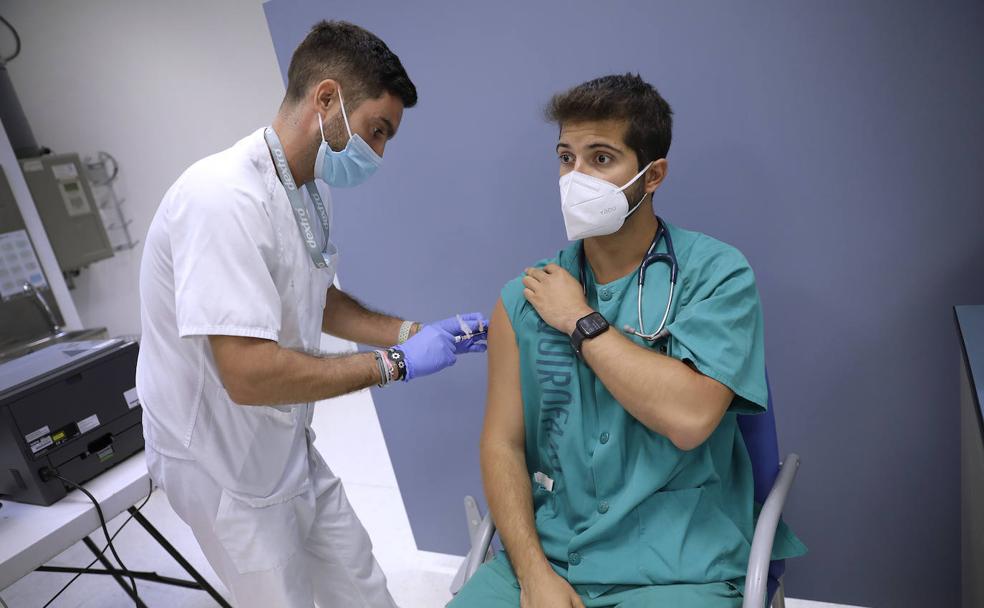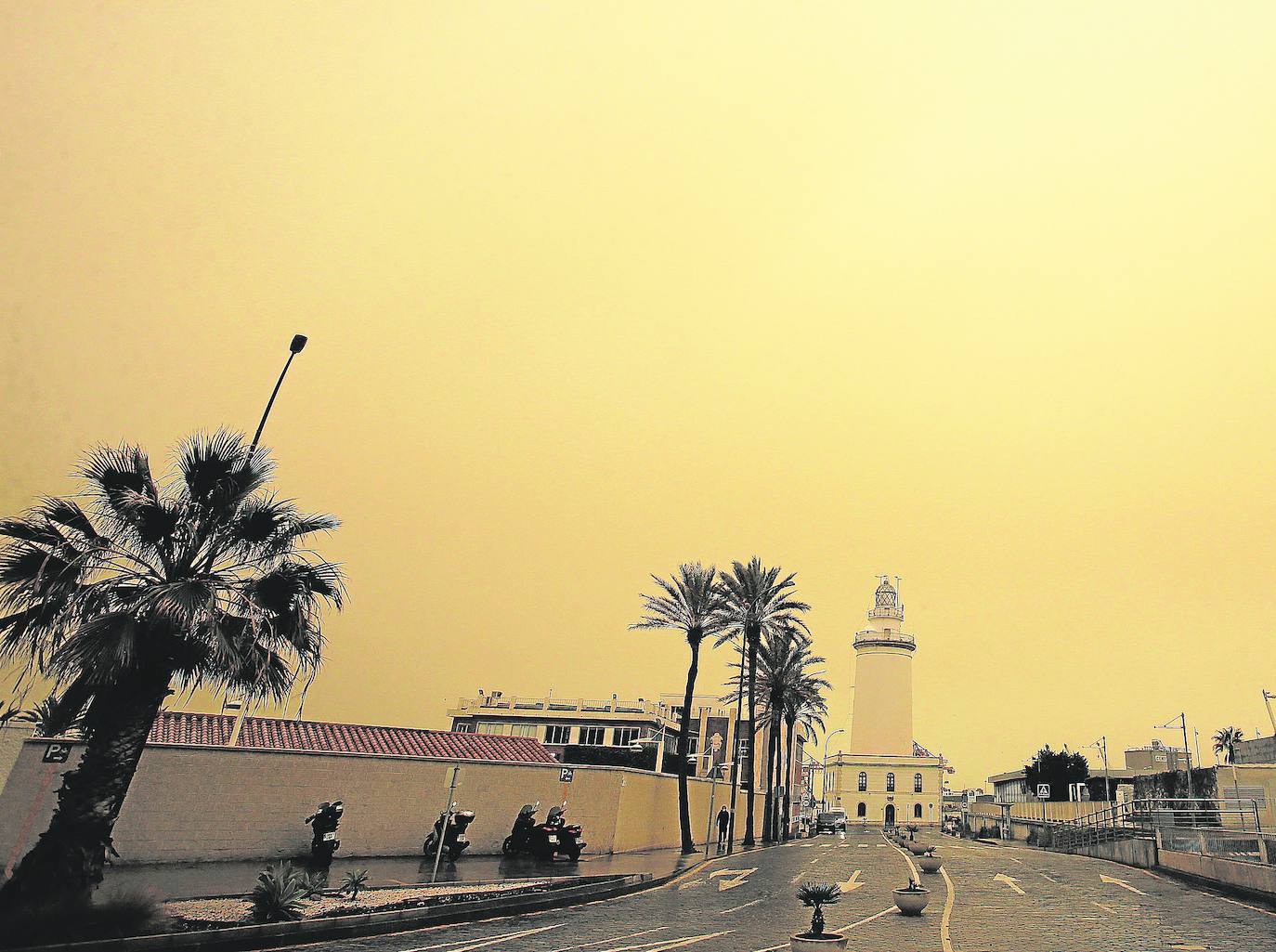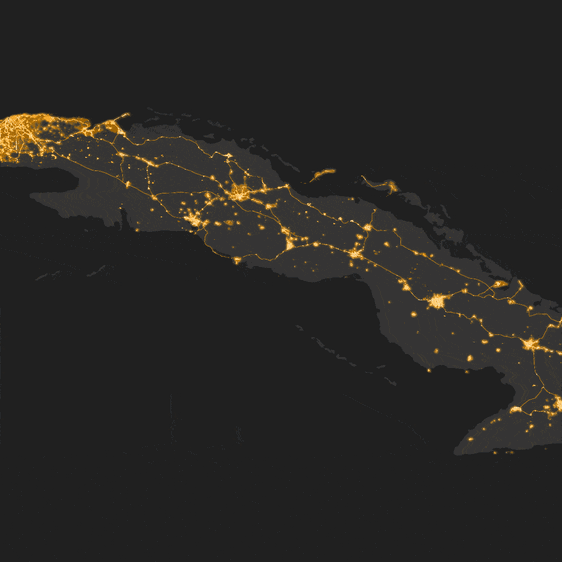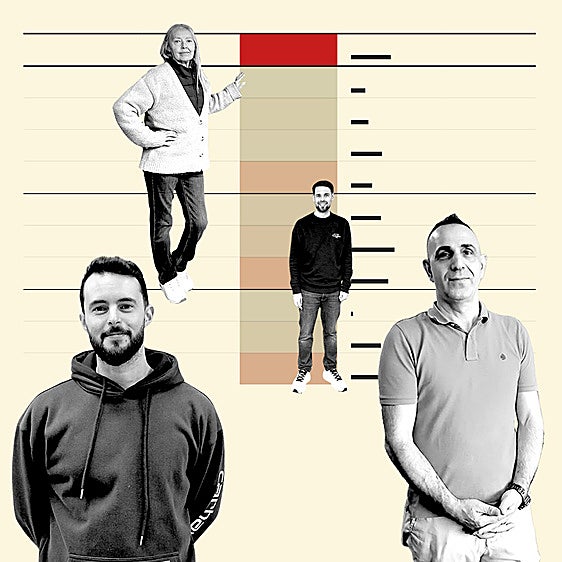News round-up of 2022: Economy, tourism and technology
Travel strikes hit hotel figures this year and the cost of living has gone through the roof but giant companies like Vodaphone are looking to operate from Malaga and Google is planning to expand its tech hub here
Tony Bryant, Debbie Bartlett, Jennie Rhodes
Friday, 30 December 2022
Recovery of tourist industry
Tourism authorities look to woo more EU tourists
In February, Spain's Tourism minister, Fernando Valdés, said he was convinced that 2022 would be the year when the tourist industry recovered and that the Costa del Sol would be one of the first areas to which visitors from the UK returned.
However, come April, the tourism authorities announced that they wanted to try to attract more EU tourists and depend less on the UK. The president of Turismo Costa del Sol, Francisco Salado, claimed that the Covid pandemic had highlighted the need for the tourism authorities to place more emphasis on other countries, whose tourists spend more money and stay longer than the British. Salado insisted that British tourists were not being forgotten, but claimed there would be an unprecedented push to "avoid excessive reliance on markets such as the UK".
Airport chaos
Uncertainty in the air-travel industry hits hotel bookings
Uncertainty in the air-travel industry caused by strikes and staff shortages on airlines and at major transport hubs made hoteliers and other parts of the tourism industry less optimistic about the number of foreign visitors to the Costa del Sol by July. Management at Malaga Airport braced themselves as two of the largest airlines at the Costa del Sol facility faced cancellations and delays due to separate Spanish cabin crew strikes affecting Ryanair and EasyJet. The association of Costa hoteliers (Aehcos), which had expected to see numbers of bookings for their rooms reach or exceed 2019 levels, blamed the chaos at European airports for the decline in bookings.
By the end of the year, however, it appeared that the tourism sector was back on track and looking forward to a bumper 2023. This included from the UK market, as reported by the huge Andalusian presence at the annual World Travel Market in London.
Tourism wasn't the only sector of the local economy on a seemingly endless rise this year.
Cost of living crisis
Government introduces measures to offset the crisis
As fuel, energy and food costs soared following Russia's invasion of Ukraine, in March the Spanish government announced a package of measures to help families and businesses cope with the impact, which came into force on 1 April and was due to last for an initial three months. These measures were subsequently altered or extended twice up to the end of the year.
These included a 20 cent discount on every litre of fuel, applied directly at the pump which runs until the end of December; 450 million euros of direct aid to freight and passenger transport companies; a reduction on electricity bills' tax; an expansion of the special subsidy to benefit an extra 600,000 vulnerable families; a two per cent limit on rent increases; an extension to furlough arrangements and other incentives to prevent workers losing their jobs.
In June, the government announced an extension to the end of this year for many of these measures, together with several new ones. These included a reduction in the IVA sales tax on electricity bills to five per cent, subsidised public transport and a cap on the price of a bottle of butane gas.
In December IVA tax was removed for the next six months on basic food items and a 200-euro payout for more vulnerable households announced.
One popular measure this year, set to continue into 2023, was free local rail travel for frequent travellers, including the lines from Malaga to Fuengirola and Álora, as well as reduced fares on medium distance trains.
Technology
Malaga proves itself as a hub for new technologies
British telecommunications giant Vodafone opened a new European R&D centre in Malaga this year, with an investment of 225 million euros and creating 600 jobs for highly qualified professionals. The multinational joined a growing community of tech firms in the city which already included Google, Orange, Dekra and Ericsson, among others.
In fact, Google also confirmed that it would be expanding its presence in Malaga at its new centre of excellence on a site next to the city's port which will be a hub for cybersecurity and due to open in 2023.
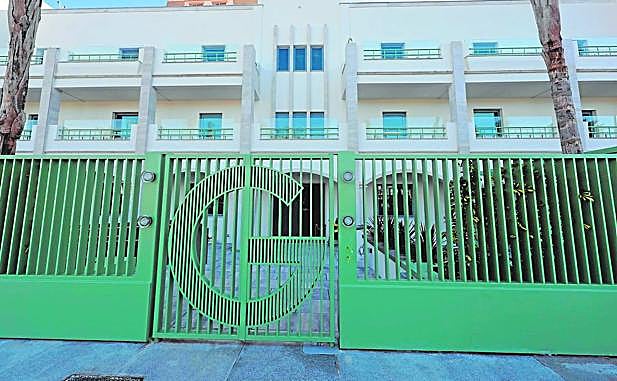
Zoom


